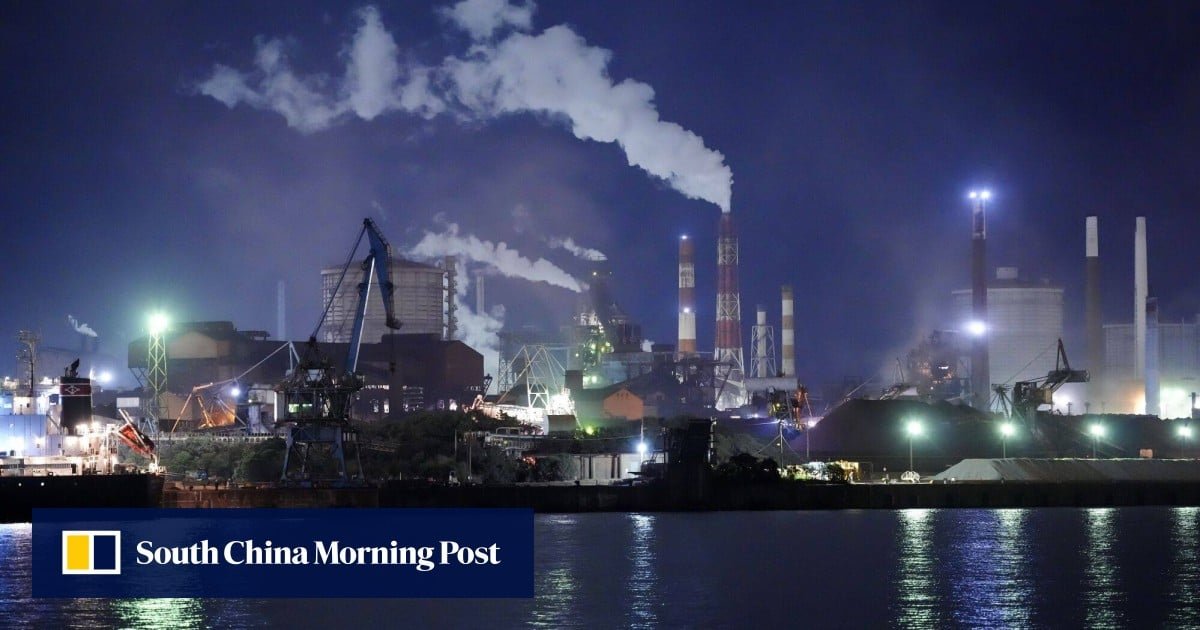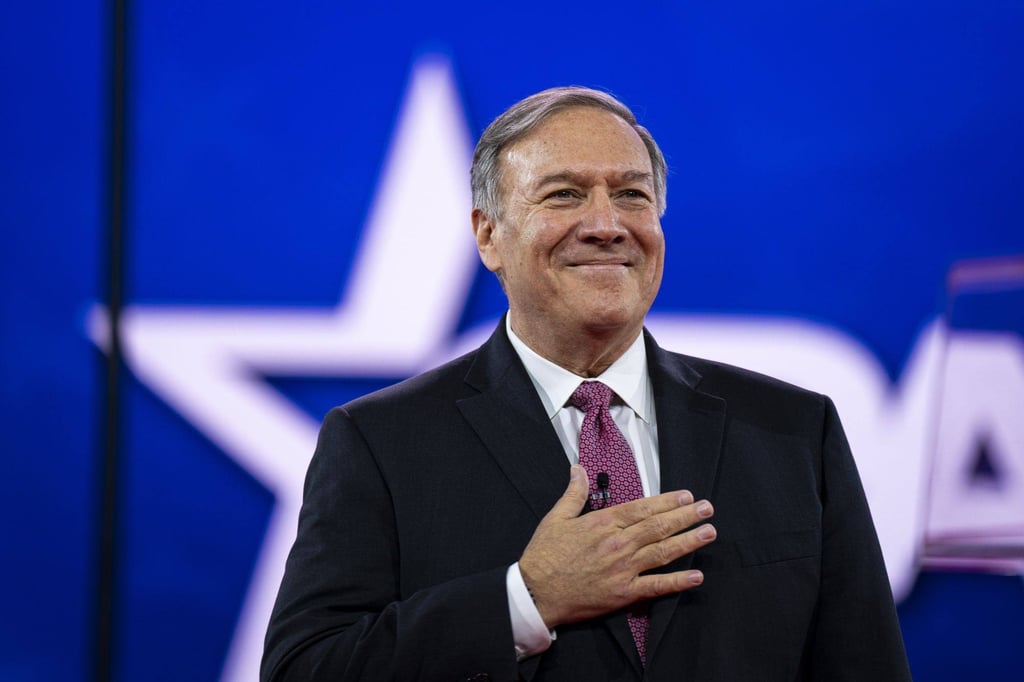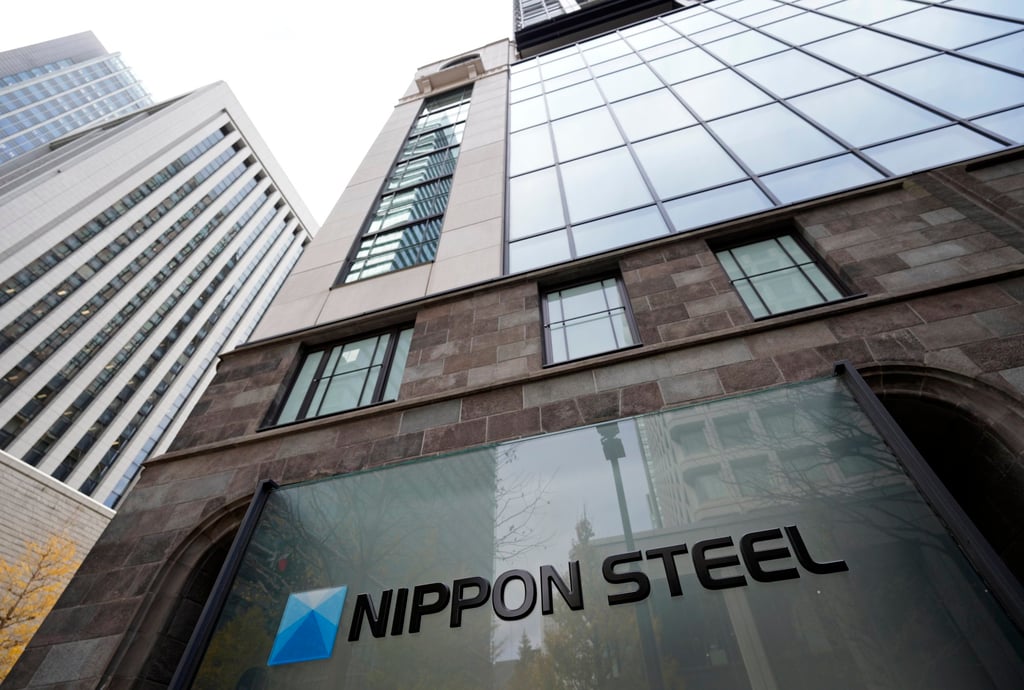
Nippon Steel and other Japanese steelmakers are urging Tokyo to consider curbing cheap steel imports coming from China, the world’s biggest steel producer, to protect the local market, Vice-Chairman Takahiro Mori said in an interview.
As Nippon Steel tries to close its acquisition of US Steel, key to its global expansion, Mori, who is the lead negotiator for the deal, also said he gained the support of Minnesota Governor Tim Walz for the takeover when they met in June.
China’s steel exports rose 24 per cent to 53.4 million tons in the first half of 2024, on track for 100 million tons for the year. Imports of ordinary steel by Japan, the world’s No 3 producer, surged by 17 per cent to 1.32 million metric tons in April-June, with imports from China jumping 43 per cent, the Japan Iron and Steel Federation data shows.
“China’s export could rise further as local demand drops by about 30 million tons annually,” Mori said, predicting the China demand to remain weak throughout the year amid a slumping property sector. “We are lobbying the government to consider measures including anti-dumping duties.”
The world’s fourth-biggest steelmaker is eager to close the US$14.9 billion acquisition of US Steel by the end of 2024 which should add 30-40 billion yen (US$208-US$277 million) to Nippon Steel’s profit in January-March quarter, Mori said.

“Walz welcomed investment in Minnesota and showed a very strong interest in US-Japan relations,” Mori said, adding Walz expressed his support to the acquisition deal at the time.
Mori plans another US trip next month to continue the dialogue with stakeholders.

Last week, Nippon Steel agreed with Whitehaven Coal to buy a 20 per cent stake in the Blackwater coking coal mine in Australia for US$720 million, boosting its self-sufficiency ratio of the key steel-making ingredient to 35 per cent. Nippon Steel targets a ratio above 40 per cent to offset impact from raw material prices.
“We’ll consider buying more interests in coking coal mines if a good deal emerges,” Mori said.
He declined to comment on whether the company would bid for Anglo American’s coking coal assets.






